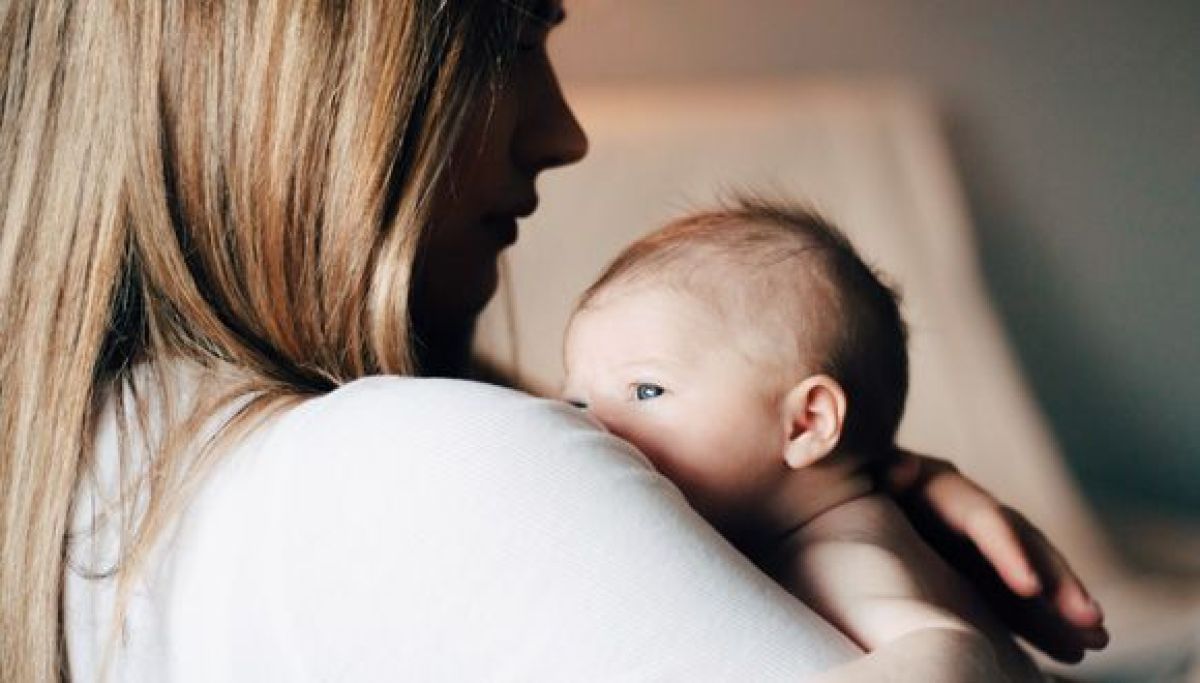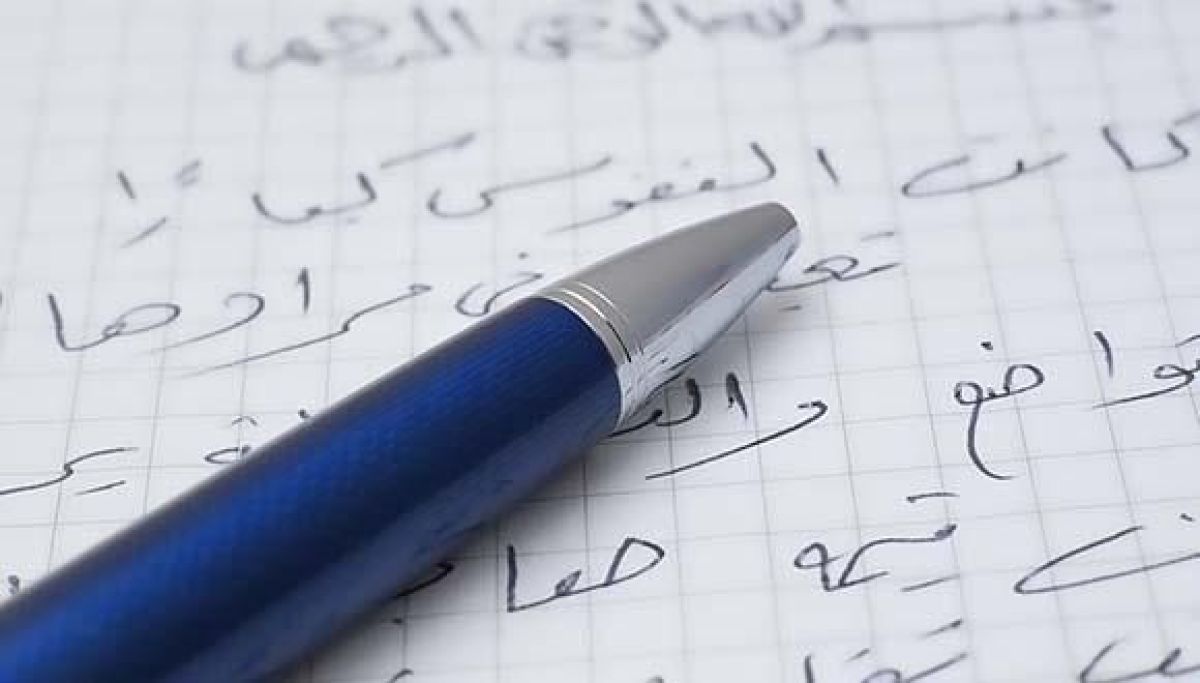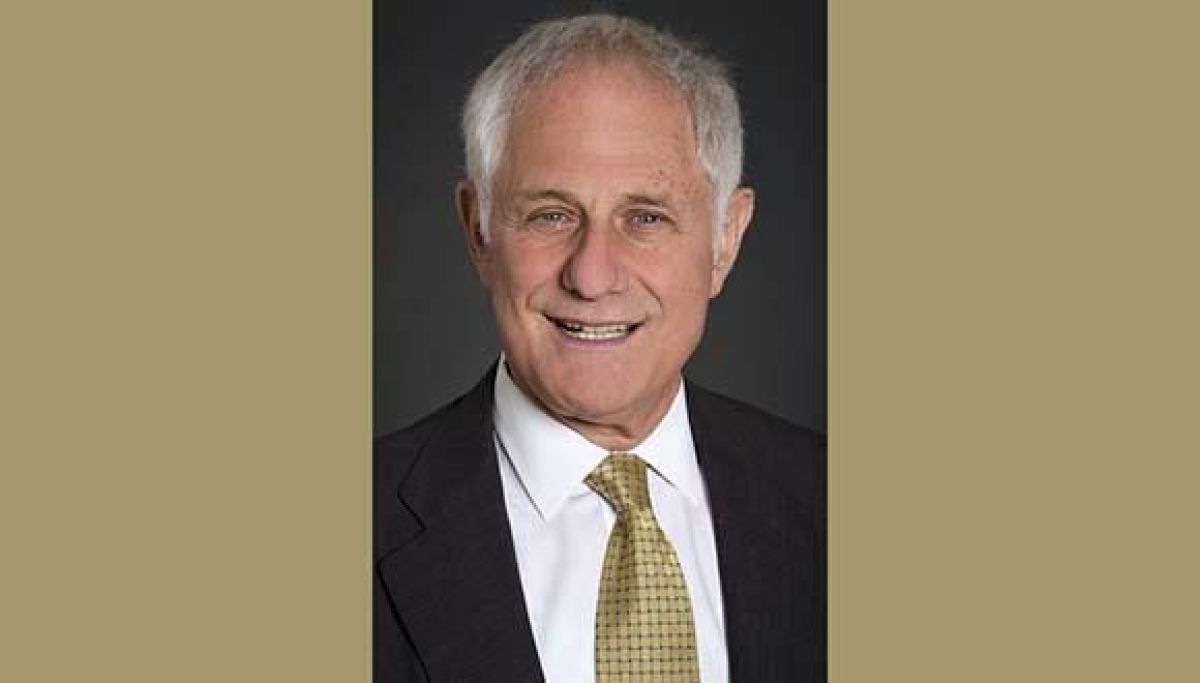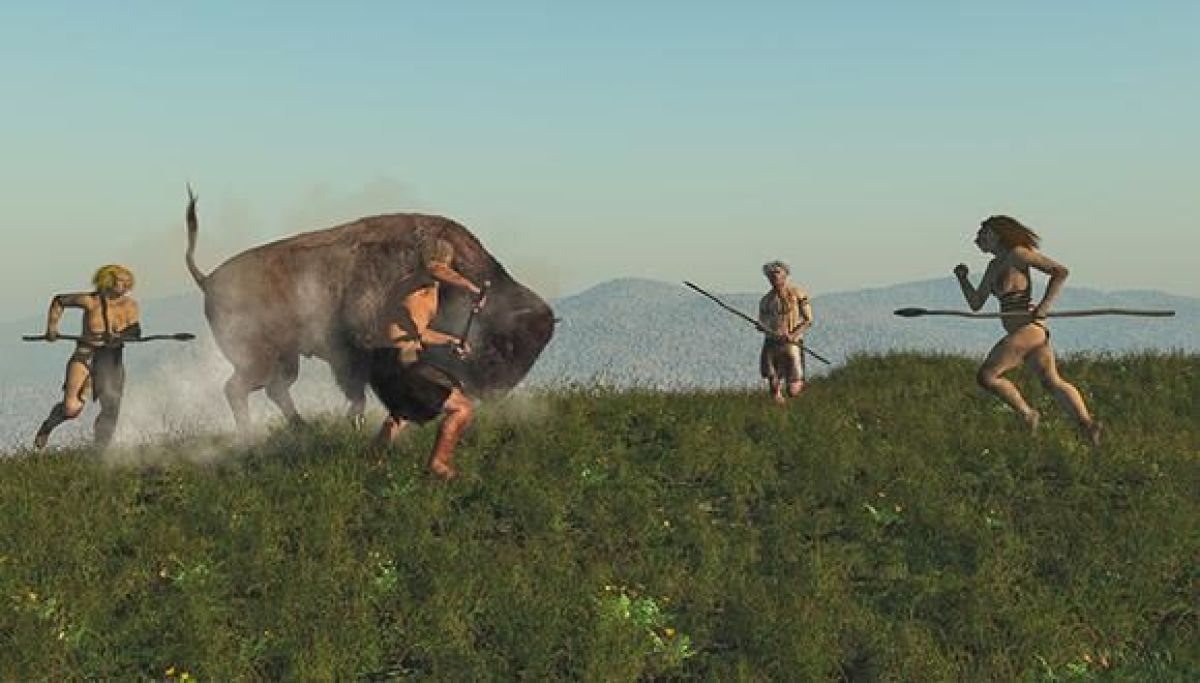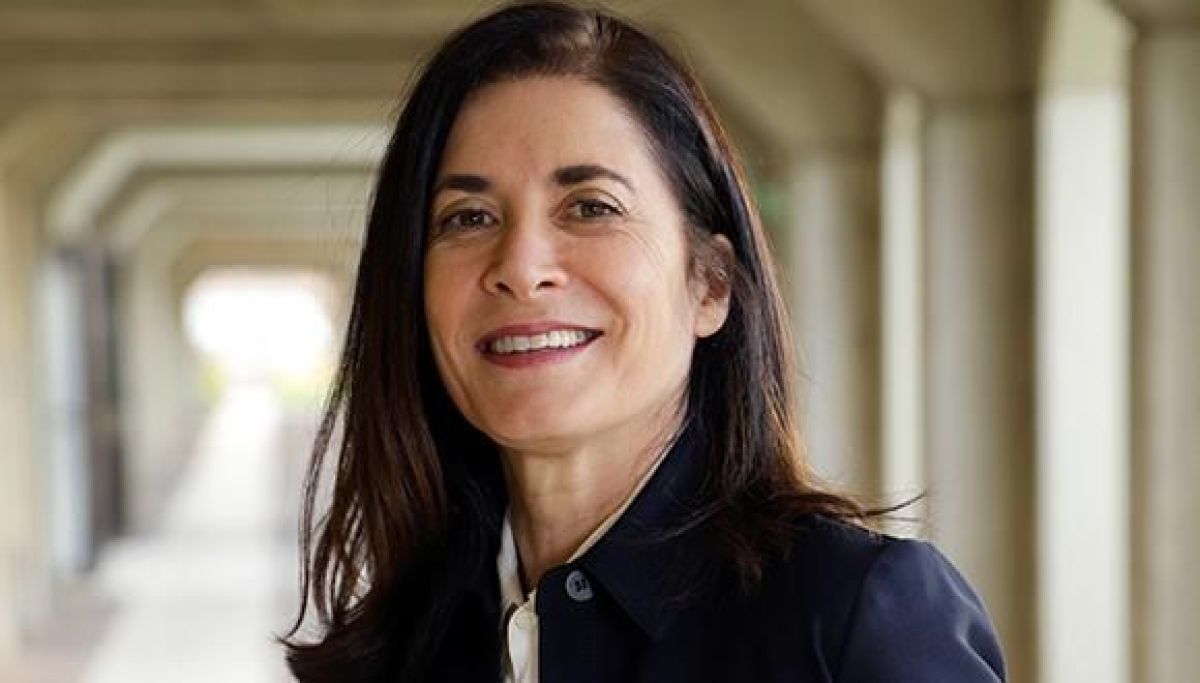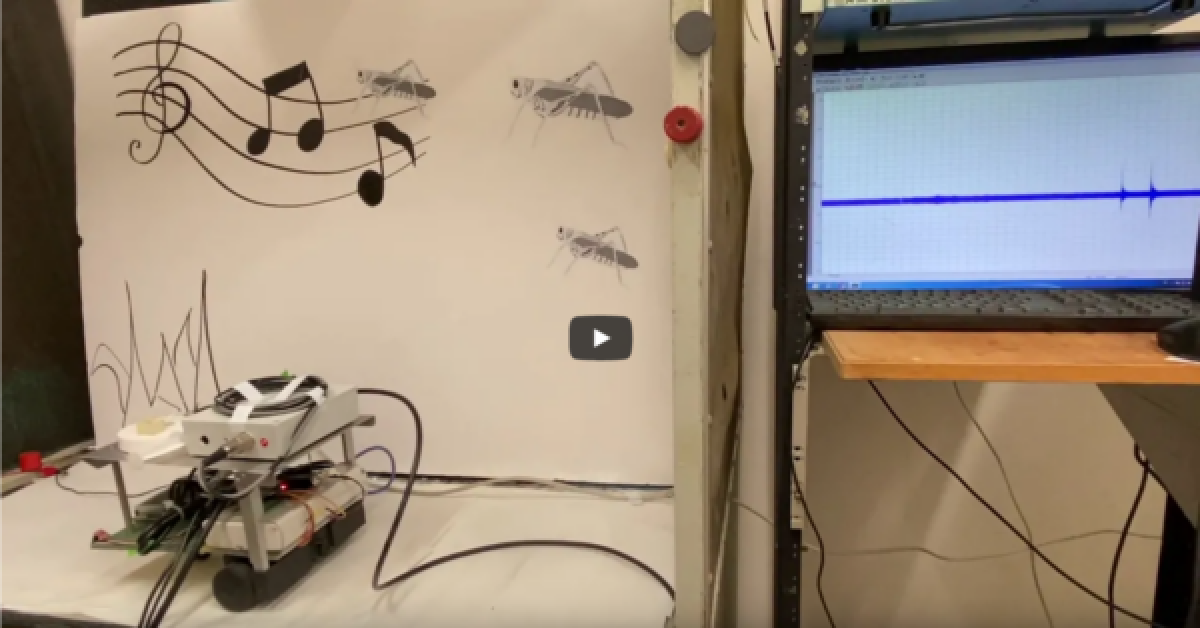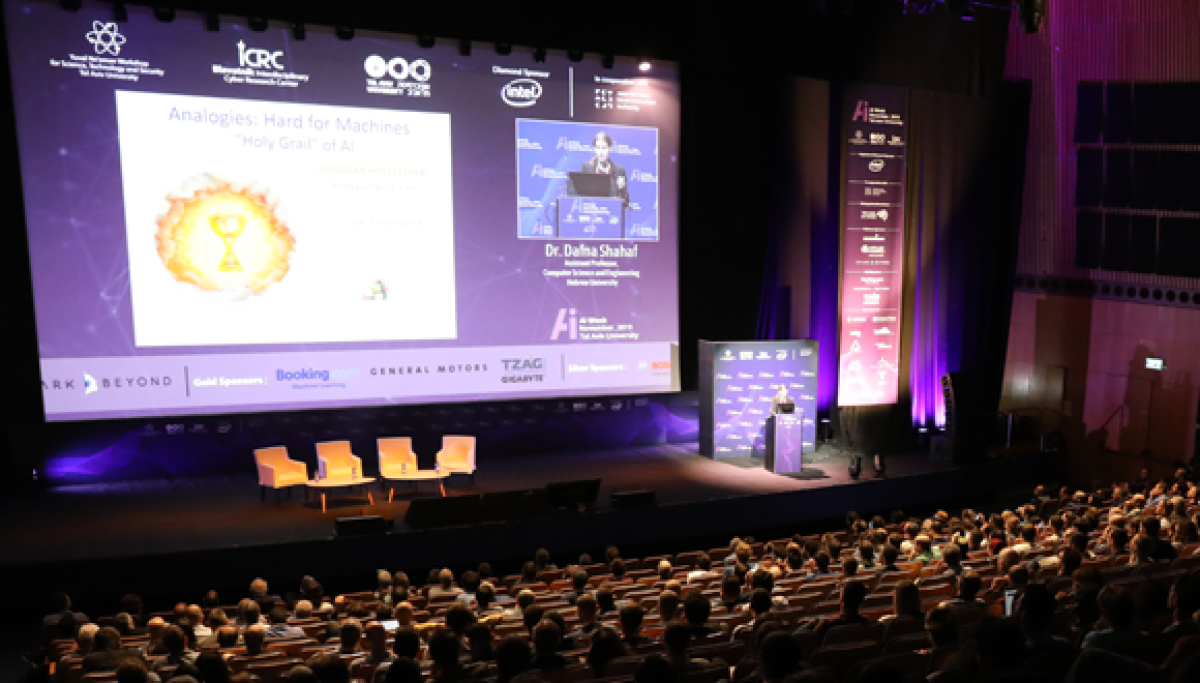Author: AUFTAU
Covid-19 Vaccination of Nursing Mothers May Protect Babies
Promotes production of important antibodies in breast milk.
We may have some good news: Covid-19 vaccination of nursing mothers might actually work to protect not only them, but their babies as well. This was found in a new study conducted jointly by Tel Aviv University and the Tel Aviv Sourasky Medical Center – Ichilov, in order to find out whether Pfizer’s COVID-19 vaccine was effective in producing antibodies in breast milk, and also to determine the qualities of these antibodies (whether they have the potential to neutralize the virus). The study was conducted during the months January and February 2021, shortly after the vaccines arrived in Israel, and included 10 breastfeeding mothers. The volunteers received two shots of the vaccine, 21 days apart, and the levels of antibodies in both their blood and breast milk were tested at four points in time, following vaccination. Blood and breast milk, it was found, are well synchronized with regard to the rise of the levels of the specific antibodies generated by the vaccine. In both blood and breastmilk, the significant increase occurs 14 days after the first shot, and continues 7 days after the second shot. The antibodies that develop in breastmilk hold the potential to neutralize the virus, and thus prevent the disease, by blocking the virus from binding with receptors on host cells. The leading research team at Tel Aviv University included Dr. Yariv Wine and the PhD student Aya Kigel from the Shmunis School of Biomedicine and Cancer Research at the Faculty of Life Sciences. The team at the Lis Maternity and Women’s Hospital at the Tel Aviv Sourasky Medical Center was led by Dr. Michal Rosenberg-Friedman and Prof. Ariel Many. The paper is currently undergoing peer review and can be read here >>“Arabic for Beginners” – TAU’s Most Popular Course“
With hundreds on waiting lists.
Two and a half hours was the time it took for a sizeable number of people – as many as 907 – to enroll in TAU’s “Arabic for Beginners” course, from the moment its registration opened. Hundreds more asked to be added to the waiting list.Huge Demand
“Arabic for Beginners” has been offered by the Department of Arabic and Islamic Studies for many years. Each year, several dozen students interested in the Arabic language and Islamic culture have enrolled. An online version of the course has now been developed and TAU’s President, Prof. Ariel Porat, made the decision to open the course, free of charge for every employee and student at the University. The decision reflects a conviction that every citizen in Israel should have a basic command of the Arabic language, and recognizing the special status of the Arabic language on campus. Of the enrollees, 60% are students, 20% members of the university’s administrative staff and 20% are from the academic faculty. The demand for the course is university wide, with enrollees belonging to all faculties and fields, inluding: chemistry, medicine, theater, computer science, literature, biology, and more. Due to the high demand, TAU’s management and the Humanities Faculty Management made the decision to expand the project and open up additional groups. The course comprises the Arabic alphabet, a vocabulary of about 200 words, declensions, and expressions in spoken Arabic, and an introductory lecture on the foundations of Islam and religious holidays. Prof. Uriya Shavit, Head of the Department of Arabic and Islamic Studies and the initiator of the course, comments that, “There is an across-the-board agreement in Israeli society that Arabic studies should be promoted. The huge demand is a pleasant surprise indicating a welcomed and in-depth change in the attitude to the language.”Add ‘Zoom w. Dubai University’ to Your Calendar
TAU students welcome to join week of activities and getting to know our friends at UD.
Israel and the UAE have been inching toward normalization in recent years. The historic, US-brokered peace deal that was reached between the countries in September 2020 leads the way for our countries to establish normal relations, including academic exchange. TAU quickly recognized this as a window of opportunity and we are excited to share that the very first “University of Dubai and Tel Aviv University Collaboration Week” is about to take place, and welcome all TAU students to join the event.By Students & For Students
When Ido Montaniez, Head of Culture, Sports and Foreign Affairs at the TAU Student Union heard that fellow student, Oleg Ben-Avi, was in Dubai, he swiftly coordinated for Oleg to meet with the President of Dubai University’s student union, their student council advisor, as well as the head of Dubai University’s gaming club. Oleg became the first student from TAU to meet with students from the University of Dubai. Since that momentous meeting, a new and exciting relationship has evolved between students from both universities. Ido kept in touch with his contacts at UD, and already during their first meeting the idea was brought up: to organize a full week of virtual activities for students of the University of Dubai and TAU to celebrate the newfound connection between our universities, building on the relationship formed and to exchange knowledge. Subsequently, on the TAU side, Ido and Orit Coty, Marketing Director of TAU International, have been preparing the first initiative ever to be organized between TAU and an academic institution in Dubai, by students and for students. UD President Eesa Mohammed Bastaki, Ph.D is expected to make a statement at the event, as will our own TAU President Prof. Ariel Porat. The event has also opened for engagement between researchers from both universities, as some of the sessions will be co-presented by scholars from both sides. Prof. Hayit Greenspan from TAU’s Department of Biomedical Engineering will be presenting in a session on Artificial Intelligence and its Applications: Space and Medical Fields and Prof. Danny Ben-Shahar from the Coller school of Management will be giving an overview of the Israeli economy.What’s Planned?
The sessions have been curated to offer something to students of all fields: March 21, – An Overview of the UAE and Israel Economies (14:00-15:00) – Dr. Genewew Bekele from the University of Dubai and Prof. Danny Ben-Shahar from Tel Aviv University give an overview of our countries’ economies. More details here and register on Zoom here. March 21 – Israelis Meet Emirates (19:00) – A stimulating cultural exchange activity including a joint panel discussing the Emirati and Israeli character; fun facts about UAE and Israel; “a day in the life” with videos, and an open discussion. More details here and register on Zoom here. March 22 – Artificial Intelligence and its Applications: Space and Medical Fields (16:00-17:00) – Dr. Alavikunhu Panthakkan from the University of Dubai and Prof. Hayit Greenspan from Tel Aviv University will lead this super interesting IT-Engineering session. More details here and register on Zoom here. March 24 – Environmental Day (19:00) – Fair trade and fashion, the animal industry and tree planting benefits and more will be discussed during this session. More details here and register on Zoom here. March 25 – FIFA Competition (19:00) – What better way to end our collaboration week than a FIFA match on PlayStation, Tel Aviv against Dubai? Click here to learn more and register.What’s Next?
According to Ido, this will be the first time that UD cooperates with an Israeli institution, and they are now looking into sending a delegation to visit TAU campus this summer. Who knows, perhaps we will soon be able to welcome our first UAE exchange students here on TAU campus as well? The ‘University of Dubai and Tel Aviv University Collaboration Week’ is beyond doubt a brilliant way to embark on what we hope will be the beginning of a productive and lasting relationship between our universities. Israel and the UAE have been inching toward normalization in recent years. The historic, US-brokered peace deal that was reached between the countries in September 2020 leads the way for our countries to establish normal relations, including academic exchange. TAU quickly recognized this as a window of opportunity and we are excited to share that the very first “University of Dubai and Tel Aviv University Collaboration Week” is about to take place, and welcome all TAU students to join the event.By Students & For Students
When Ido Montaniez, Head of Culture, Sports and Foreign Affairs at the TAU Student Union heard that fellow student, Oleg Ben-Avi, was in Dubai, he swiftly coordinated for Oleg to meet with the President of Dubai University’s student union, their student council advisor, as well as the head of Dubai University’s gaming club. Oleg became the first student from TAU to meet with students from the University of Dubai. Since that momentous meeting, a new and exciting relationship has evolved between students from both universities. Ido kept in touch with his contacts at UD, and already during their first meeting the idea was brought up: to organize a full week of virtual activities for students of the University of Dubai and TAU to celebrate the newfound connection between our universities, building on the relationship formed and to exchange knowledge. Subsequently, on the TAU side, Ido and Orit Coty, Marketing Director of TAU International, have been preparing the first initiative ever to be organized between TAU and an academic institution in Dubai, by students and for students. UD President Eesa Mohammed Bastaki, Ph.D is expected to make a statement at the event, as will our own TAU President Prof. Ariel Porat. The event has also opened for engagement between researchers from both universities, as some of the sessions will be co-presented by scholars from both sides. Prof. Hayit Greenspan from TAU’s Department of Biomedical Engineering will be presenting in a session on Artificial Intelligence and its Applications: Space and Medical Fields and Prof. Danny Ben-Shahar from the Coller school of Management will be giving an overview of the Israeli economy.What’s Planned?
The sessions have been curated to offer something to students of all fields: March 21, – An Overview of the UAE and Israel Economies (14:00-15:00) – Dr. Genewew Bekele from the University of Dubai and Prof. Danny Ben-Shahar from Tel Aviv University give an overview of our countries’ economies. More details here and register on Zoom here. March 21 – Israelis Meet Emirates (19:00) – A stimulating cultural exchange activity including a joint panel discussing the Emirati and Israeli character; fun facts about UAE and Israel; “a day in the life” with videos, and an open discussion. More details here and register on Zoom here. March 22 – Artificial Intelligence and its Applications: Space and Medical Fields (16:00-17:00) – Dr. Alavikunhu Panthakkan from the University of Dubai and Prof. Hayit Greenspan from Tel Aviv University will lead this super interesting IT-Engineering session. More details here and register on Zoom here. March 24 – Environmental Day (19:00) – Fair trade and fashion, the animal industry and tree planting benefits and more will be discussed during this session. More details here and register on Zoom here. March 25 – FIFA Competition (19:00) – What better way to end our collaboration week than a FIFA match on PlayStation, Tel Aviv against Dubai? Click here to learn more and register.What’s Next?
According to Ido, this will be the first time that UD cooperates with an Israeli institution, and they are now looking into sending a delegation to visit TAU campus this summer. Who knows, perhaps we will soon be able to welcome our first UAE exchange students here on TAU campus as well? The ‘University of Dubai and Tel Aviv University Collaboration Week’ is beyond doubt a brilliant way to embark on what we hope will be the beginning of a productive and lasting relationship between our universities.Prof. Zvi Galil, Former President of Tel Aviv University, is Ranked 7th Among the World’s Most Influential Computer Scientists
Remarkable achievement for Israeli researcher.
The Quest for A Lifesaving Cure
Innovative technology of BLAVATNIK CENTER for Drug Discovery may save boy suffering from rare neurological syndrome.
In December 2019, the BLAVATNIK CENTER for Drug Discovery at Tel Aviv University was presented with a challenge which demanded flexibility and thinking outside the box. Prof. Ehud Gazit, Founder and Academic Director of the BLAVATNIK CENTER for Drug Discovery at Tel Aviv University, received an email from Scott Reich, a very worried father. Scott’s son Eli, only eight months old at the time, had just been diagnosed with the ultra-rare FOXG1 syndrome, a neurological disorder that severely impacts brain development. With only about 700 known cases worldwide, predominantly children with severe disabilities, this devastating condition attracts little research and has no cure. Determined to save his son, Scott searched all over the world for experts who could develop a treatment for the rare syndrome. The advice and recommendations of leading scientists and health professionals led him to the BLAVATNIK CENTER at TAU in Israel, which specializes in the field of drug repurposing: repurposing FDA-approved medications and other safe substances to help people with rare diseases, all too often overlooked by the big pharmaceutical companies. Dr. Eddy Pichinuk, Head of the HTS and Biological Assays Unit at BLAVATNIK CENTER, whose team was already conducting research for several other families affected by rare diseases, willingly accepted the new challenge. Dr Pichinuk and his team quickly obtained a sample of Eli’s cells, which had been deposited in a biobank for rare disease biosamples, and established a personalized drug-screening platform to test these cells against known, safe, FDA-approved molecules that could be repurposed. Essentially, they were looking for any drug (originally developed for some other purpose) that would increase the amount of FOXG1 protein in Eli’s brain, making up for the damaging deficiency caused by the mutation. The researchers were well aware that this might be Eli’s only hope for a more normal life: once a safe and effective drug is identified, it can be repurposed to offer Eli and others like him compassionate treatment. “Our screening platform is based on a luminescent protein, expressed in fireflies, that replaces the faulty protein in Eli’s cells,” explains Eddy. “We are screening a library of about 7,000 FDA-approved substances, initially developed to treat a range of diseases, such as cancer, psychiatric disorders, or various inflammatory syndromes. By testing each drug’s interaction with the marked protein in Eli’s cells, we have so far discovered several potentially helpful drug candidates. As we begin to see the light at the end of the tunnel, we continue to search for additional drugs.” In the next stage, the researchers will use advanced methods of genetic engineering to transform skin samples from Eli and his parents into stem cells and then into neurons. Ultimately, they will test the effect of the chosen drugs on Eli’s neurons. Determined and optimistic, they aim to restore more normalized brain development.Thinking Outside the Box
Dr. Avi Raveh, the BLAVATNIK CENTER’s Chief Scientific Officer, explains that the Center offers a unique research approach, applying personalized medicine methodology to rare diseases. “We respond to requests from families all over the world, often at the last moment before they lose hope. Unlike large research institutions, we resemble a small and dynamic startup, eliminating or speeding up any bureaucracy and getting right down to the crux of the challenge. In Eli Reich’s case, with the time window for brain development closing fast, this flexibility is crucial. I truly hope that we can help him.” “Coming to Israel and working with the BLAVATNIK CENTER has been a good experience so far,” says Scott. Thanks to the Israeli spirit of collaboration, researchers at the Weizmann Institute of Science and Ben-Gurion University of the Negev have also been recruited to join the mission of saving Eli. He remains hopeful: “When we heard the devastating diagnosis, I said to my wife Ilissa: ‘We have to go to Israel. In Israel, we’ll find the know-how, experience and out-of-the-box thinking that we need.’ Reaching out through the American Jewish community and our Israeli friends, we got in touch with the BLAVATNIK CENTER for Drug Discovery, and immediately felt at home. The team is very creative, they work fast and are sincerely dedicated to finding a treatment for FOXG1 syndrome – they’re not just looking to publish a paper in a scientific journal. For us, this genuine commitment is extremely important. The BLAVATNIK CENTER team is doing everything they can so that Eli and others with FOXG1 Syndrome may live and hopefully enjoy more productive lives.” For more information about FOXG1 and Eli Reich, please visit BELIEVE IN A CURE Featured image: The Reich FamiliyWhen Size Does Matter…
TAU study suggests the extinction of large animals led to increased volume of the human brain.
Hunting Smarter, Not Harder
Comparing the size of animals found in archaeological cultures, representing different species of humans in east Africa, southern Europe and Israel, the researchers found that in all cases there was a significant decline in the prevalence of animals weighing over 200kg, coupled with an increase in the volume of the human brain. According to the researchers, the decrease in the size of wild animals and the need to hunt small, swift animals forced humans to display cunning and boldness – an evolutionary process that demanded increased volume of the human brain – which actually grew from 650cc to 1,500cc – and later led to the development of language enabling the exchange of information about where prey could be found. “We correlate the increase in human brain volume with the need to become smarter hunters,” explains Dr. Ben-Dor. For example, the need to hunt dozens of gazelles instead of one elephant generated prolonged evolutionary pressure on the brain functions of humans, who were now using up much more energy in both movement and thought processes. Hunting small animals, that are constantly threatened by predators and therefore very quick to take flight, requires a physiology adapted to the chase as well as more sophisticated hunting tools. Cognitive activity also rises as fast tracking requires fast decision-making, based on phenomenal acquaintance with the animals’ behavior – information that needs to be stored in a larger memory.” The theory claims that all means served one end: body energy conservation.Getting Comfortable
“The evolutionary adaptation of humans was very successful,” says Dr. Ben-Dor. “As the size of animals continued to decrease, the invention of the bow and arrow and domestication of dogs enabled more efficient hunting of medium-sized and small animals – until these populations also dwindled. Toward the end of the Stone Age, as animals became even smaller, humans had to put more energy into hunting than they were able to get back. Indeed, this is when the Agricultural Revolution occurred, involving the domestication of both animals and plants. As humans moved into permanent settlements and became farmers, their brain size decreased to its current volume of 1300-1400cc. This happened because, with domesticated plants and animals that don’t take flight, there was no more need for the allocation of outstanding cognitive abilities to the task of hunting.” Prof. Barkai adds: “It must be understood that our perspective is not deterministic. Humans brought this trouble upon themselves. By focusing on hunting the largest animals, they caused extinctions. Wherever humans appeared – whether homo erectus or homo sapiens, we see, sooner or later, mass extinction of large animals. Dependence on large animals had its price. Humans undercut their own livelihood. But while other species, like our cousins the Neanderthals, became extinct when their large prey disappeared, homo sapiens decided to start over again, this time relying on agriculture.” To date, no unifying explanation has been proposed for this major phenomenon in human prehistory. The novel theory was published in Quaternary Journal.Dafna Meitar-Nechmad Tapped as Chair of TAU’s Board of Governors
A triple alumna and long-time benefactor of TAU, she will be first woman in role.
Last Wednesday, Tel Aviv University’s Search Committee unanimously recommended the appointment of Dafna Meitar-Nechmad as the next Chair of the TAU Board of Governors.
After serving for three years as Co-Chair of the TAU Global Campaign, Meitar-Nechmad will replace Prof. Jacob A. Frenkel, who will be completing two four-year terms as Chair of the Board of Governors at the next Board of Governors meeting. Her appointment is subject to the Board of Governors’ ratification.
This new appointment follows a series of eleven women appointed to leading positions at TAU over the past year, including VP for International Academic Relations, and the Deans of the Faculties of Exact Sciences, Humanities and Innovative Learning.
Meitar-Nechmad is an alumna of TAU and former partner in the Meitar Law Offices. No longer a practicing lawyer, she is a social investor with extensive philanthropic experience. Among her many public roles, she serves on the Boards of JFN – Jewish Funders Network and the Metropolitan Opera of New York, and heads the Zvi and Ofra Meitar Family Fund, which supports a wide range of cultural and educational organizations and projects both in Israel and overseas, with TAU as its major beneficiary. Meitar-Nechmad and her family founded the Zvi Meitar Center for Advanced Legal Studies at TAU’s Buchmann Faculty of Law. In addition, Meitar-Nechmad is a founding member of the Institute for Law and Philanthropy, also at TAU’s Faculty of Law, which researches and promotes philanthropy in Israel, aiming to advance justice and equality in Israeli society and serves on its Management Committees. She is also a member of Committed to Give, an initiative for promoting philanthropy in Israel.
The Search Committee was headed by Prof. Itamar Rabinovich, former President of Tel Aviv University. In its recommendation, the committee members noted that they had been greatly impressed by Meitar-Nechmad’s leadership capabilities, her record as a leader of TAU’s Global Campaign, her extensive experience in the world of philanthropy and fundraising, and her commitment and dedication to the advancement of Tel Aviv University.
TAU’s Board of Governors holds supervisory and control functions and is mandated to help the University raise funds for further development.
Dafna Meitar-Nechmad thanked the Search Committee for recommending her appointment and said: “As a woman, a social investor and an alumna of TAU, it will be a great honor and privilege for me to head its Board of Governors. The past decade has seen substantial development at TAU, in research, education and contribution to the community, and I am certain that together we can keep up this momentum, expand the sources of funding, and open TAU’s gates to new target populations from both Israel and abroad.”
TAU President Prof. Ariel Porat congratulated Dafna Meitar-Nechmad and said: “I am very happy that the Search Committee recommended Dafna Meitar-Nechmad for such an important role at our University. Dafna has a great deal of experience in social and philanthropic activities and I have no doubt that with her support we will be able to continue the advancement of TAU’s excellence in many areas. Having seen Dafna’s activities successfully benefit TAU, and recognizing her social commitment and inspiring personality, I look forward to working together for the further consolidation of TAU’s academic, social and economic standing and its contribution to society.”
Robot “Hears” through the Ear of a Locust
TAU researchers open the door to sensory integrations between robots and insects
Tel Aviv University researchers have opened the door to sensory integrations between robots and insects: for the first time, the ear of a dead locust was connected to a robot that receives the ear’s electrical signals and responds accordingly. The result is extraordinary: When the researchers clap once, the locust’s ear hears the sound and the robot moves forward; when the researchers clap twice, the robot moves backwards.
In general, biological systems have a huge advantage over technological systems – both in terms of sensitivity and in terms of energy consumption. This initiative of Tel Aviv University researchers may in the future make much more cumbersome and expensive developments in the field of robotics redundant.
An Interdisciplinary Effort
The interdisciplinary study was led by Idan Fishel, a joint master student under the joint supervision of Dr. Ben M. Maoz of The Iby and Aladar Fleischman Faculty of Engineering and the Sagol School of Neuroscience, Prof. Yossi Yovel and Prof. Amir Ayali, experts from the School of Zoology and the Sagol School of Neuroscience together with Dr. Anton Sheinin, Yoni Amit, and Neta Shavil. The results of the study were published in the prestigious journal Sensors.
The researchers explain that at the beginning of the study, they sought to examine how the advantages of biological systems could be integrated into technological systems, and how the sensory organs of a dead locust could be used as sensors for a robot. “We chose the sense of hearing, because it can be easily compared to existing technologies, in contrast to the sense of smell, for example, where the challenge is much greater,” says Dr. Maoz. “Our task was to replace the robot’s electronic microphone with a dead insect’s ear, use the ear’s ability to detect the electrical signals from the environment, in this case vibrations in the air, and, using a special chip, convert the insect input to that of the robot.”
To carry out this unique and unconventional task, the interdisciplinary team (Maoz, Yovel and Ayali) first built a robot capable of responding to signals it receives from the environment. Subsequently, the researchers were able to isolate and characterize the dead locust ear and keep it functional long enough to successfully connect it to the robot. In the final stage, the team succeeded in finding a way to pick up the signals received by the locust’s ear in a way that could be received and responded to by the robot.
“Prof. Ayali’s laboratory has extensive experience working with locusts, and they have developed the skills to isolate and characterize the ear,” explains Dr. Maoz. “Prof. Yovel’s laboratory built the robot and developed code that enables the robot to respond to electrical auditory signals. And my laboratory has developed a special device – Ear-on-a-Chip – that allows the ear to be kept alive throughout the experiment by supplying oxygen and food to the organ, while allowing the electrical signals to be taken out of the locust’s ear and amplified and transmitted to the robot.
Biological systems expend negligible energy compared to electronic systems. They are miniature, and therefore also extremely economical and efficient. For the sake of comparison, a laptop consumes about 100 watts per hour, while the human brain consumes about 20 watts a day.
In addition, “Nature is much more advanced than we are, so we should use it,” urges Dr. Maoz. “The principle we have demonstrated can be used and applied to other senses, such as smell, sight and touch. For example, some animals have amazing abilities to detect explosives or drugs; the creation of a robot with a biological nose could help us preserve human life and identify criminals in a way that is not possible today. Some animals know how to detect diseases. Others can sense earthquakes. The sky is the limit.”
TAU Launches Israel’s First Center for AI and Data Science
Center to take TAU and Israel to forefront of the global artificial intelligence revolution.
Tel Aviv University launched the new, interdisciplinary Center for Artificial Intelligence and Data Science today, headed by Prof. Meir Feder of the Fleischman Faculty of Engineering.
The Center will enhance basic science in these fields, encourage cross-disciplinary research that uses the most advanced methods of artificial intelligence (AI) and data science (DS), and train a new generation of researchers and industrialists who will take Israel to the forefront of the global AI revolution in the coming years. Moreover, it will lay the groundwork for the rapidly growing field of quantum computing. The launch event took place during TAU’s annual AI Week.
Penetrating All Areas of Life
TAU President, Prof. Ariel Porat: “The establishment of the AI Center is one more step toward implementing TAU’s vision for advancing groundbreaking, interdisciplinary research that brings together the university’s finest researchers, the high-tech industry and the community. Not long ago we launched the interdisciplinary Center for Combating Pandemics and over the coming year we intend to establish more such centers, such as one for climate change and another for healthy aging. TAU’s great advantage is its enormous range of disciplines. Our new interdisciplinary centers will further extend the scope of research, combining different disciplines, from engineering and computer science through life sciences, medicine and psychology, to economics, management, humanities, arts and law.”
Prof. Meir Feder emphasized that “the AI revolution is expected to impact our way of life in every aspect, from drug development and data-based personalized medicine, to defense and security systems, financial systems, scientific discoveries, robotics, autonomous systems and social issues. In addition, it is very important to train human capital in this area, and therefore the Center will provide all TAU students with basic AI education.” According to Prof. Feder, the Center will include hundreds of researchers, and will promote collaborations among scientists all over campus. It will also foster collaborations with the defense and other industries, the public sector, and leading universities and research institutions around the world.
Prof. Feder added that next month the AI Center will launch its collaboration with Google Israel as part of the company’s “AI for Social Good” program.
Major Gen. (Ret.) Prof. Isaac Ben-Israel, Head of TAU’s Yuval Ne’eman Workshop for Science, Technology and Security and Blavatnik Interdisciplinary Cyber Research Center, and Prof. Eviatar Matania, also of Tel Aviv University, are the visionaries behind AI Week and the university-wide AI initiative.
Prof. Ben–Israel stressed that “the applications of intelligent systems have far-reaching implications for practically every area of modern life, including security, medicine, transportation, automation, retail, customer service and numerous others. Various AI and machine learning algorithms, together with the enormous increase in computational power, are already beginning to penetrate all areas of our lives, and understanding them requires proficiency not only in the obvious technological disciplines such as computer science, mathematics and engineering, but also in the social, legal, business and even philosophical spheres.”


